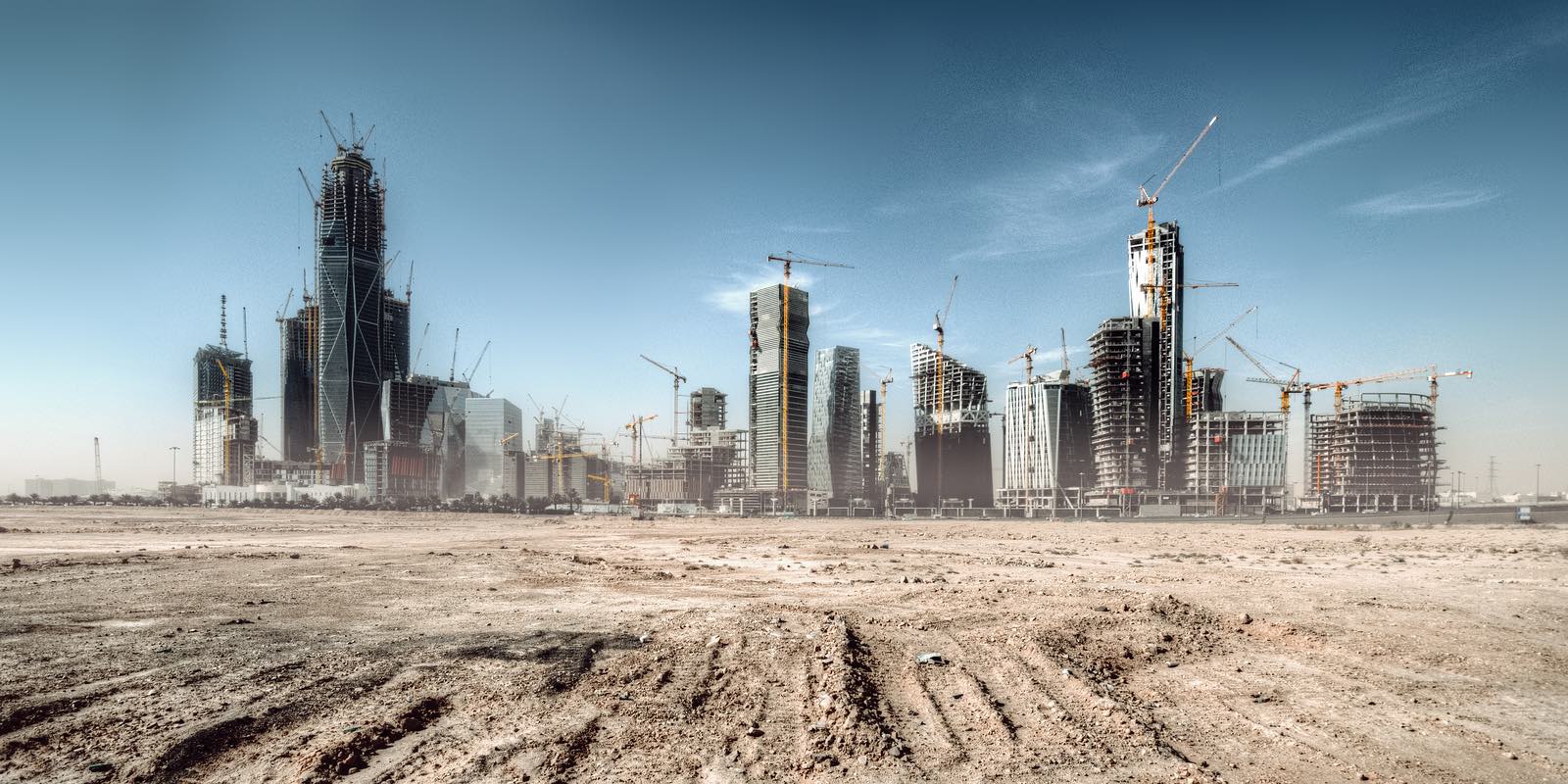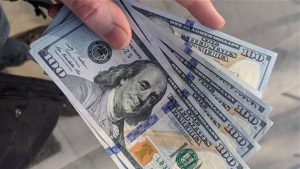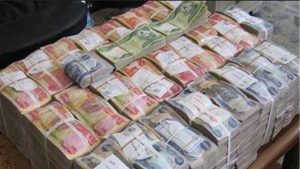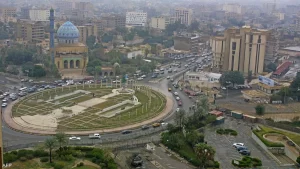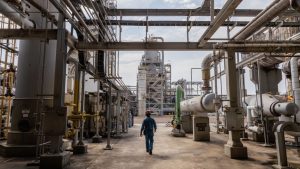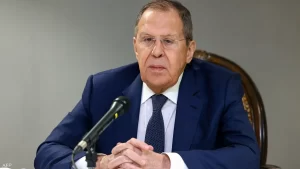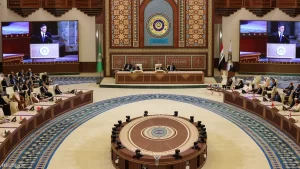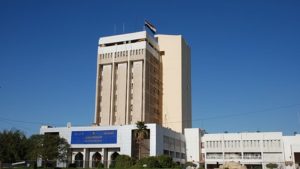The investment graph in Iraq has recently surged to reach $300 billion, thanks to new legal amendments aimed at expanding the roles of productive sectors. This is part of the National Development Plan for the years 2024 to 2028, designed to reduce reliance on oil revenues to support the country’s public budget.
The Investment Law in Iraq offers several key advantages for investors, including the right to own government properties, the ability to lease project lands for up to 50 years, tax and customs exemptions, freedom to transfer funds, and the option to trade in the Iraq Stock Exchange.
The housing sector leads the investment sectors due to the country’s need for over four million housing units. This demand has motivated real estate developers to invest nearly $100 billion, an increase of about 6% over 2022, with contributions from regional and international companies.
Iraq is also working to involve the private sector in new investment ventures, such as the electricity sector, which exceeds $80 billion, and the health sector, with investments approaching $20 billion. Furthermore, new investment opportunities are being created for integrated cities on the outskirts of the capital, which could attract hundreds of thousands of residents directly or through new economic activities.
4o mini


